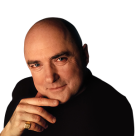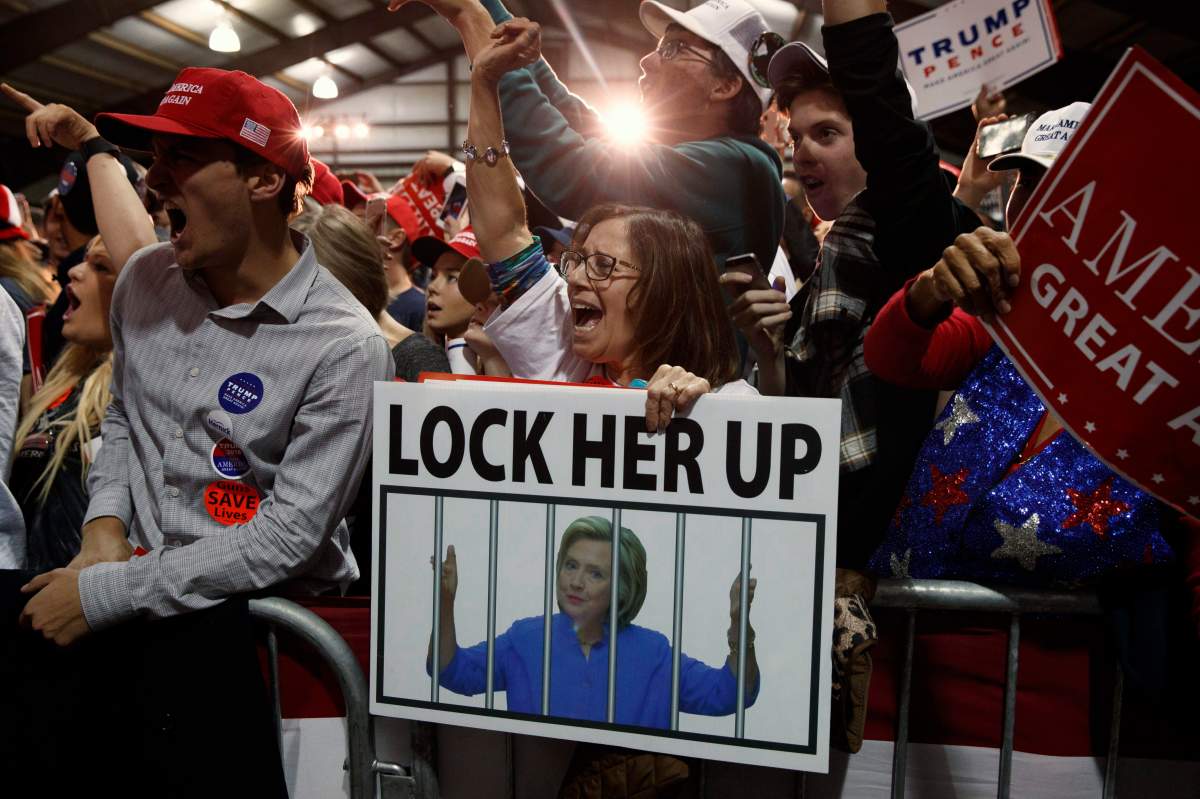It has always seemed any democratically elected government’s role is to pragmatically conduct the business of the nation and in the best interest of its citizenry.

That, perhaps, is not only an antiquated notion, but also one which may fail to meed even a “good old days” nostalgia unwind.
READ MORE: ‘No-name’ Andrew Scheer is right behind ‘celebrity’ Justin Trudeau, Ipsos poll says
Elections have morphed into nasty, braying exchanges during which voters take sides, much like crowds at sporting events. Political parties have become rooting interests, voters just barely stopping short of an arena-like chant of “Go Libs Go,” or a beautiful game version of “Ole Ole” in praise of Conservatives.
The United States general election of 2016 and this week’s midterm follow-up were filled with invective, accusation and bitterness. “Deplorables” and “lock her up” were renounced by one side and gleefully adopted by the other.
READ MORE: The Trump effect? U.S. midterm voter slump on the rebound
Perhaps a former and ultimately very temporary custodian of the front door keys to 24 Sussex Dr., prime minister Kim Campbell, spoke the truth when during the 1993 federal campaign, she offered that “an election is no time to discuss serious issues.”
Campbell was correct, of course. A Canadian election campaign, measured in a handful of sunsets, is far too condensed to engage deeply in matters of national significance. The phrase, though, lingered like a cloud of methane and contributed to the Progressive Conservatives plunging to one of the worst political defeats in Canadian electoral history.

Get daily National news
WATCH BELOW: Swift reaction against Kim Campbell’s controversial dress comments

The Liberals, too, stumbled badly over a very low set bar when, in 2008, party leader Stephane Dion took not one, or two, nor even three, but rather four runs at answering a question about how he might lead Canada to improved economic performance, before finally giving up with, “I don’t understand the question.”
Electoral victory is today met with bitterness and not necessarily by the losing side or its supporters. The winners consider themselves modern matadors whose right it is to parade about displaying the severed ears and tail of the vanquished.
The truth, of course, is there is sufficient bovine verbiage dispatched by all sides during modern political tussling to make even the most docile of bulls nervous about retaining its body parts.
READ MORE: With two years to go, here’s how the U.S midterm results will shape the 2020 campaign
The American public has, 48 hours removed from its midterm voting, already embarked on the not-so-long road to the 2020 presidential vote.
Canada’s electorate is being wooed already with our own money as we’re now less than a full year from deciding whether the seat alignment in Parliament should be significantly, radically or perhaps not at all rearranged.
READ MORE: Andrew Scheer predicts a nasty election campaign in 2019
The more difficult assignment falls always to the incumbents. Have they lied, or told the truth? Have their policies helped, or have they hurt? Is their leadership working for the good of all Canadians, or primarily for those on whose support they can bank? Are they ideologues or pragmatists working for the combined good?
It was columnist Peggy Noonan who set the bar for those seeking to lead from the political rostrum. “You have to earn your way into politics. You should go have a life, build a string of accomplishments, then enter public service.”
Roy Green is the host of the Roy Green Show on the Global News Radio network.
Listen to the latest from the Roy Green Show
Subscribe to the Roy Green Show Podcast now at Apple Podcast or Google Play












Comments
Want to discuss? Please read our Commenting Policy first.